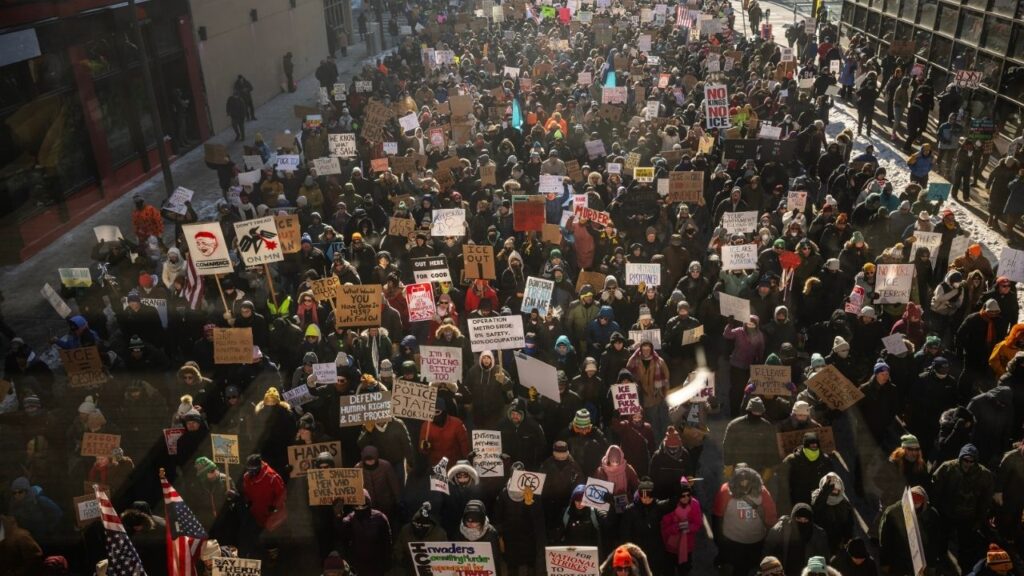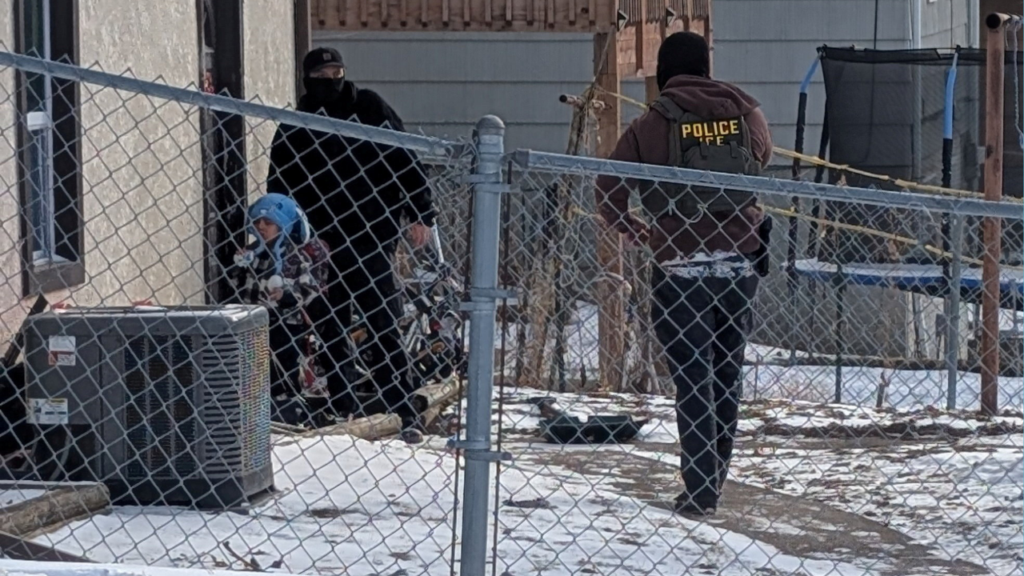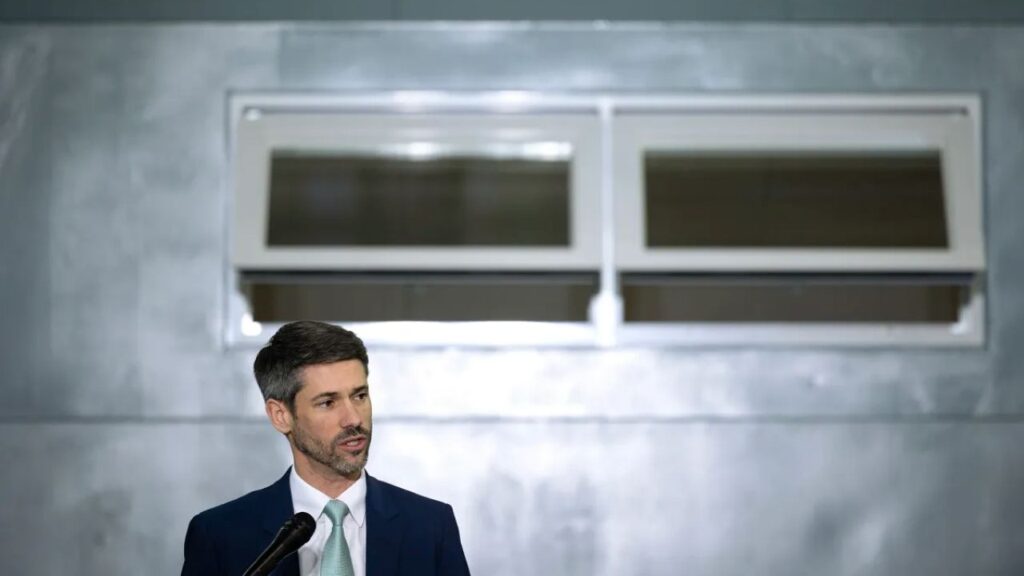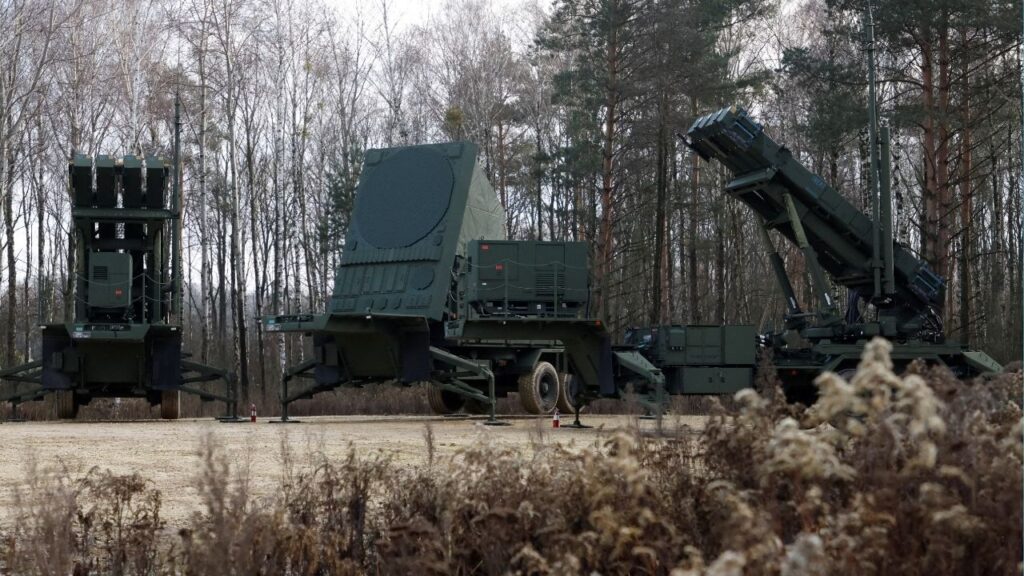Share
Fresno area hospitals are scrambling to make bed space available in every nook, cranny, and extra building they have. But despite their best efforts, ICU bed space continues to dwindle.
The latest numbers from the state show Fresno County only has 16% of its ICU beds available. Just last week that number was above 20%.
With each passing day, and patient totals continuing to rise, Fresno officials are reluctantly taking steps to once again get the Fresno Convention Center ready for patient overflow.
[covid-19-tracker]Convention Center
In April, the convention center housed a 250-bed field hospital site to help alleviate the projected strain on local hospitals.
At the time, the site was intended for treating non-COVID-19 cases. However, Fresno County reported just 94 positive cases of coronavirus on April 3. Thus, the site was not needed and eventually closed.
Now, there are almost 11,000 COVID-19 cases in the county. The drumbeat to reopen the convention center grows louder by the day.
“We do feel like it can help decompress, and get some of the patients out of our acute care hospitals,” Dr. Rais Vohra, interim Fresno County health officer, said on a Zoom call Wednesday.

“We do feel like it can help decompress, and get some of the patients out of our acute care hospitals.” — Dr. Rais Vohra, interim Fresno county health officer
Fresno County EMS Director Daniel Lynch also announced the county has signed a contract with a group called AMI that would provide staffing for the center — if and when it opens.
More Remdesivir Requested
Earlier this week, the county health officials announced they were out of the drug remdesivir. Only area hospitals had a few doses on hand.
On May 1, the U.S. Food and Drug Administration issued an emergency use authorization for remdesivir as a treatment for suspected or laboratory-confirmed COVID-19 in seriously ill adults and children.
Lynch spoke with the state officials on Tuesday and requested twice the amount of remdesivir he’d originally asked for.
The first request was 560 doses. Lynch asked for another 560 to bring the total to more than 1,000 doses.
“Dr. Vohra has been in contact with the state pharmacist over email and asked the question when can we expect to get it, and we’re waiting for that email to come back,” said Lynch.

“Dr. Vohra has been in contact with the State pharmacist over email and asked the question when can we expect to get it (Remdesivir), and we’re waiting for that email to come back.”–Fresno County EMS Director Daniel Lynch
COVID-19 Testing Issues
Several Valley hospitals have been using a rapid COVID-19 test system since mid-April from Silicon Valley-based Cepheid that delivers results on-site within hours.
But, even these rapid test kits require reagents and swabs that all come together for a complete test. Vohra says the hospitals are having a hard time getting the swabs for these tests, which is creating a bottleneck.
There was a time when the testing was so efficient the hospitals could test everyone with no questions asked.
“We have to prioritize testing once again,” said Vohra.
On July 14, the state released a new set of guidelines to let healthcare professionals determine who could be tested. Hospitals must abide by a set of tiers that give priority to hospitalized individuals with COVID-19 symptoms.
Infected Employees Can Return to Work Faster
The CDC is shifting to a symptom-based strategy rather than a testing-based one for when people can return to work after COVID-19.
This means, for many infected people they won’t need to get a test to gain clearance to go back to work.
The new guidance says that instead of 72 hours without a fever, people can go back to work after 24 hours of no fever after day 10 of isolation.
The CDC also cites new research about the virus.
“Specifically, researchers have reported that people with mild to moderate COVID-19 remain infectious no longer than 10 days after their symptoms began, and those with more severe illness or those who are severely immunocompromised remain infectious no longer than 20 days after their symptoms began.”
The CDC says in some cases a test should still be considered for persons who are severely immunocompromised in consultation with infectious disease experts before returning to work.


















